 Seasonal businesses in Hawaiʻi tend to experience challenges related to the annual ebb and flow. As a result, keeping employees, property, and customers covered during the busiest times of the year, while also protecting assets during the offseason, can be tricky. Business insurance includes a range of policies which can be bundled to accommodate those seasonal challenges.
Seasonal businesses in Hawaiʻi tend to experience challenges related to the annual ebb and flow. As a result, keeping employees, property, and customers covered during the busiest times of the year, while also protecting assets during the offseason, can be tricky. Business insurance includes a range of policies which can be bundled to accommodate those seasonal challenges.
However, many business owners buy the wrong type or amount of coverage, leaving themselves vulnerable during the most challenging times of the year. This guide shows you how to optimize your business insurance to reduce costs and protect your assets during the on and off seasons in Hawaiʻi.
1. Understand Your Coverage Needs
As a seasonal business owner, knowing the scope of your coverage needs will help you get the right insurance for your situation. While a risk analysis is the right choice for identifying coverage needs, this tool typically applies to an entire year. As a seasonal business, condense your analysis to the most important factors and itemize them for each season.
For example, if you are a tourist business, as many seasonal businesses in Hawaiʻi are, your risk profile should reflect this. Since you operate most during the seasons with the greatest foot traffic, your risks for property damage, theft, customer liability, and vandalism are not as evenly distributed as they might be in a standard business, increasing during those high seasons.
To compensate for these seasonal changes, you can adjust your coverage during the busy months to accommodate the greater risk of customer liability and property damage and reduce it during slower periods. This will allow you to protect your assets during those busy months without overpaying for coverage you don’t need in the offseason.
2. Maintain Your Offseason Coverage
While lowering coverage can be appropriate for some businesses during off-seasons, it is not recommended to discontinue offseason coverage completely. This is a common mistake seasonal businesses make in an attempt to save money that can lead to costly liabilities.
You can adjust your coverage during the slow months, but scaling back your liability too far can leave you unprotected. For example, if your equipment is stolen from the premises during the offseason, you will expect business insurance to reimburse you for the loss.
Even during the offseason, people can be injured on your property, vandals can still trespass, and fires can still occur. By first knowing what your baseline is, it is possible to maintain the right level of coverage during the offseason ensuring the policy will be able to cover medical expenses, lawsuits, property damage, and more.
3. Account for the Weather
As a business owner in Hawaiʻi, you know the weather can be very unpredictable. Floods, storm fronts, surges, and wind can all damage your assets during any season, making it essential to balance affordability with coverage for year-round protection.
Additionally, don’t overlook business interruption insurance, a policy that covers lost revenue due to unforeseen closures. Natural disasters such as landslides, tsunamis, hurricanes, and more can all trigger this coverage.
Consider this as a high priority in Hawaiʻi, where one bad storm could shut down your business. If this occurs during your operating season, you could lose all of your annual revenue for that year.
4. Scale Coverage to New Needs
Insurance coverage isn’t a one-time purchase. It’s a set of protections that should be reevaluated and updated at least once a year to accommodate changes in your business or industry. One common mistake among seasonal business owners is to scale their operations withoutscaling their coverage.
If you hire or let go of staff, buy new equipment, open a new location, or change your workflow, you may need to update your coverage to account for your new risk profile. Otherwise, you could be creating coverage gaps that could cost you down the line.
Contact Atlas Insurance to Optimize Insurance Protection for Your Business
 Since most seasonal businesses in Hawaiʻi are only operational during certain times of year, insurance coverage should be structured differently than a year round business. During busy seasons, which are usually the heavy tourist seasons, there is an increased risk for property damage, theft, and more.
Since most seasonal businesses in Hawaiʻi are only operational during certain times of year, insurance coverage should be structured differently than a year round business. During busy seasons, which are usually the heavy tourist seasons, there is an increased risk for property damage, theft, and more.
During the offseason, properties and amenities still need protection from the elements, but other coverages can be scaled back to reflect the seasonal status. Many business owners struggle with reaching the right balance between their coverage and their budget during different times of year.
At Atlas Insurance, our team specializes in optimizing policies for local businesses in Hawaiʻi. For almost 100 years, we have been helping seasonal and year-round businesses close their coverage gaps and continuously review, update, and optimize their policies to match their changing needs.
Contact our team today to optimize your business insurance for the best balance year-round.
